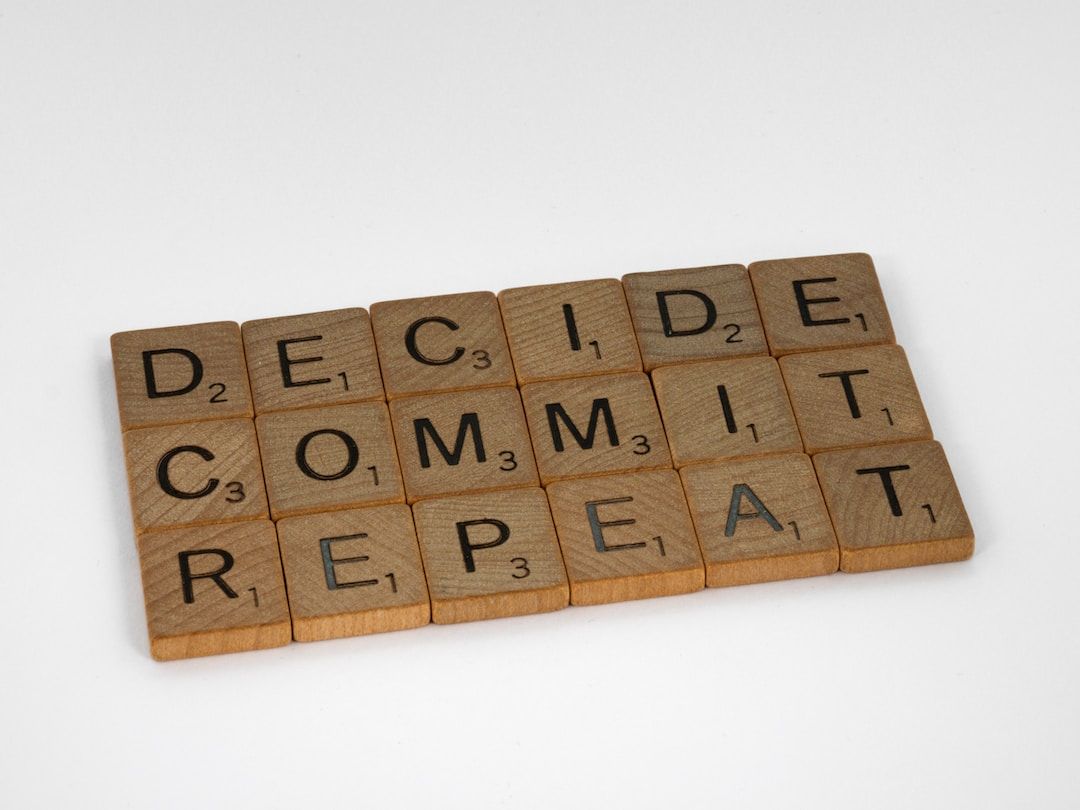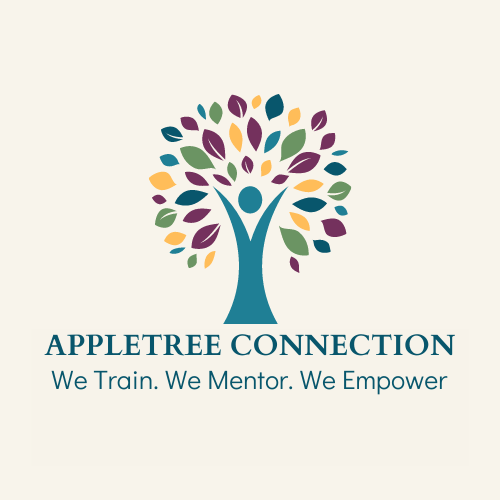Did you know that only 3% of psychology undergraduates have relevant work lined up upon graduation?
The coveted title of Psychologist requires a Doctorate degree. Undergraduates - you have a few paths to do this after earning your bachelor’s -> master’s then PhD/PsyD; or straight to PhD/PsyD. Therefore, your first decision is – put the years into pursuing a higher degree, or go directly into the workforce? Many of you are asking – HOW DO I DO THAT? HOW DO I DECIDE?
One of the best ways to decide is by gaining relevant work experience while earning your bachelor’s. According to data from University of Central Florida, psychology graduates fall into the following categories (Source: University of Central Florida, 2021):
- 49.8% seek full or part-time employment.
- 41.4% plan to attend graduate or professional school.
- 0.6% Join the military; 0.2% Volunteer; 1.4% Start or raise a family; 6.3% take time off.
As you can see the majority either get to work or pursue a higher degree. In either scenario, it is extremely beneficial to gain relevant work experience. For those planning to get to work, only 3% had offers waiting for them upon graduation. For those pursuing a higher degree, the number of branches of psychology can make narrowing down very difficult.
Bridging the gap
As a career and leadership development agency with a focus on mentorship, we often receive inquiries from psychology students and graduates questioning whether they should continue pursuing the title or get to work? Common questions include: What can I do with a bachelor’s in psychology? Which graduate path do I take if I have not gained experience?
Our answers include the following: only 50% receive relevant work experience while earning their bachelors; and there are various career stepping stones, including the Registered Behavior Technician (RBT) certification. It’s a simple and attainable way to enter the field of human service and inform your own personal decision on your next steps. The best news is the certificate is national and the demand is extremely high in most states.
Sharing the deets…
Did you know the average RBT annual salary is $48,206?
RBTs are board certified professionals. The minimum age is 18, the minimum education is a High School Diploma, or equivalent. RBTs work with clients of all abilities in a variety of settings. Settings include, but are not limited to schools, behavior therapy clinics, autism centers, group homes, mental health facilities, hospitals, family homes and within the communities where clients live.
RBTs work closely with supervisors. Skills gained include but are not limited to learning to accept and supply constructive feedback, collecting and tracking data on client progress, working in a team setting, scheduling various clients, advocating for clients and self, using science to improve the lives of people they serve.
The average annual salary for a RBT is $48,206 (source GlassDoor: June 14, 2023). This is $12,000 higher than the average entry-level practitioner.
How do I become a Registered Behavior Technician?
There are 3 main steps. Step 1 can be done in as little as 5 days, with the right support in place.
Step 1 starts with selecting a training provider to complete a 40-hour course with (live or self-paced) that can support you through all steps. There are many training providers on the market, and each offer something different. Since the process has multiple steps, we recommend working with a company that gets you to the RBT Board exam and can help you find employment once certified.
Step 2 - Once you earn your certificate of completion for the 40-hour training course, you must find a supervisor to conduct your Competency Assessment. This is also the step where you must pass a level-2 background check. Supervisors must be Board Certified Behavior Analysts (BCBA) and be willing to take you on as a supervisee. Students seeking our advice report finding a BCBA as the biggest barrier to moving forward. Many get stuck at Step 1 for this reason. Those motivated to get to work, find AppleTree Connection as the solution.
Step 3 – After you earn your 40-hour training certificate, find a supervisor, pass a Level-2 background check and pass the Competency Assessment, the Behavior Analyst Certification Board (BACB) administers the RBT Board Exam. You pass the test, and BOOM – you are a Board Certified Registered Behavior Technician (RBT), in HIGH DEMAND nationwide.
How can AppleTree Connection help me bridge the gap?
Our vision is to train, mentor, and empower aspiring professionals. to influence positive behavior change globally. We are here to support your decision in whichever direction you lean; whether you are in school deciding to get to work after graduation vs. pursuing a higher degree; or if you already graduated and still need clarity. We offer the self-paced 40-hour RBT training, which can be completed in as little as 5 days.
We also supply a Board Certified Behavior Analyst (BCBA) supervisor to conduct your Competency Assessment. Remember, this is the step most get stuck at because the general public does not have access to a BCBA – but now YOU do 😊 And when you are preparing for the RBT Board Exam, we offer study guides and practice exams. The BEST part - we connect our graduates with Employers Partners across the United States.
We also supply a Board Certified Behavior Analyst (BCBA) supervisor to conduct your Competency Assessment. Remember, this is the step most get stuck at because the general public does not have access to a BCBA – but now YOU do 😊 And when you are preparing for the RBT Board Exam, we offer study guides and practice exams. The BEST part - we connect our graduates with Employers Partners across the United States.
Pursuing RBT leads psychology undergraduates to meaningful work.
We have seen over 550 students make a meaningful decision for their NEXT STEP. At AppleTree Connection, we Train, Mentor and Empower practitioners of all levels to follow their passion to a helping career. Our graduates have become certified RBTs, decided their grad school focus, and their new skillset and mindset to various rewarding roles. Indecision turned to decision when they chose to take the steps. Whichever path you follow, we hope you lead with compassion!
Author: Tara Zeller, MS, BCBA ~ CEO, AppleTree Connection


